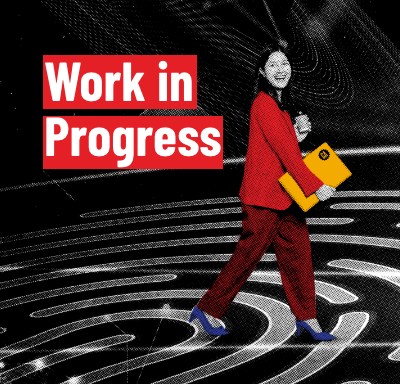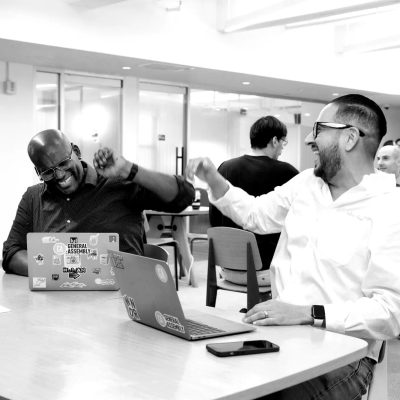THE LATEST TECH WORKFORCE TRENDS. RIGHT HERE.
What’s trending now? We help you keep up. As the top name in tech training, we partner with top business leaders and other experts to stay ahead of what’s next – and help you stay up to speed.
WORK IN PROGRESS
We brought together experts from across industries to unpack how AI is rewriting the rules of work, learning, and leadership.

LATEST POSTS

Article
Nov 12, 2025
Why learn data analytics? Because it runs, well… everything
Article
Nov 11, 2025
Is a Data Science Career a Good Fit for You? Here’s What You Need to Know.

Article
Nov 10, 2025
Stop making resolutions that fade. Start investing in skills that last.

Article
Nov 10, 2025
Your playbook for building an AI-ready workforce

Article
Nov 07, 2025
So… what would you do with a 4-day workweek?

Article
Nov 06, 2025
AI is everywhere in product management—but skills gaps and “shadow AI” are holding teams back

Article
Nov 05, 2025
Work in Progress: The magazine for leaders building the now and next

Article
Nov 04, 2025
What the world’s learning: GA’s most popular classes and workshops of 2025
Let’s Connect
Whether you’re an employer looking to level up your tech team or a learner here to transform your career, we’re ready to help. Give us your info — and we’ll get in touch.
